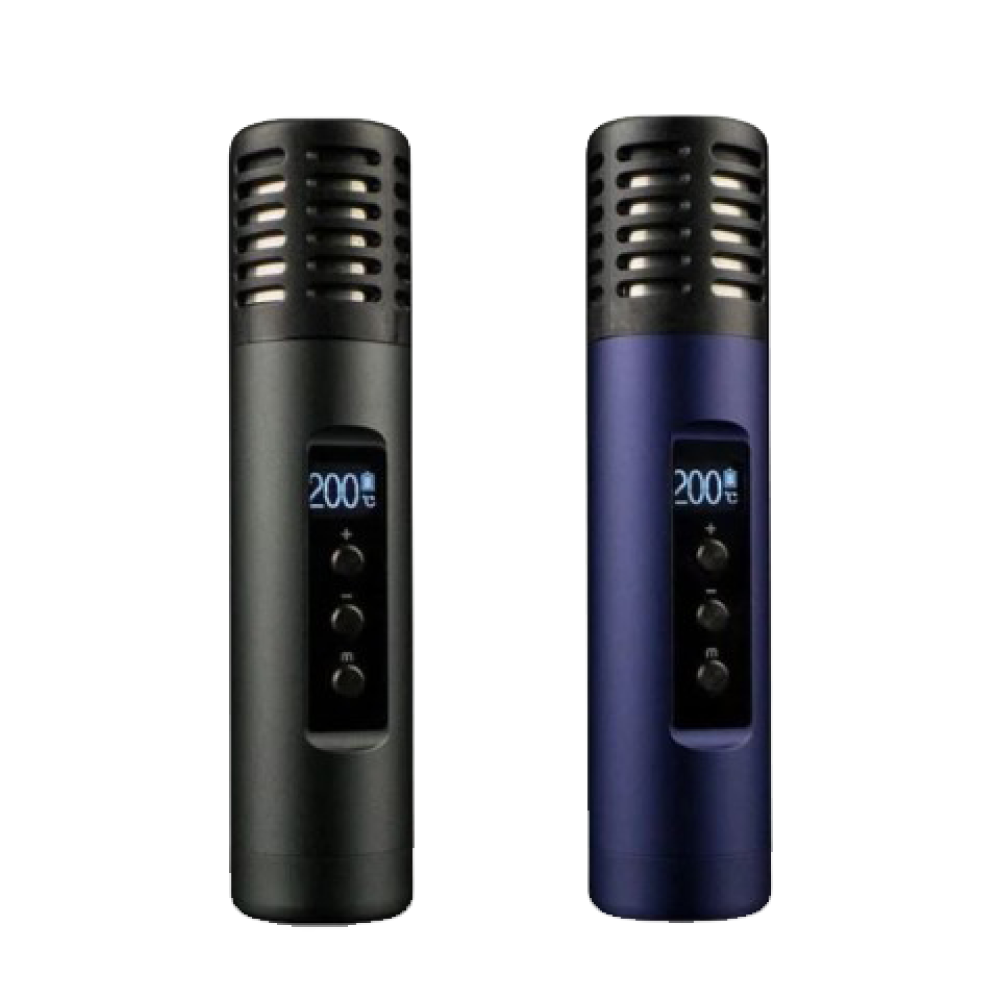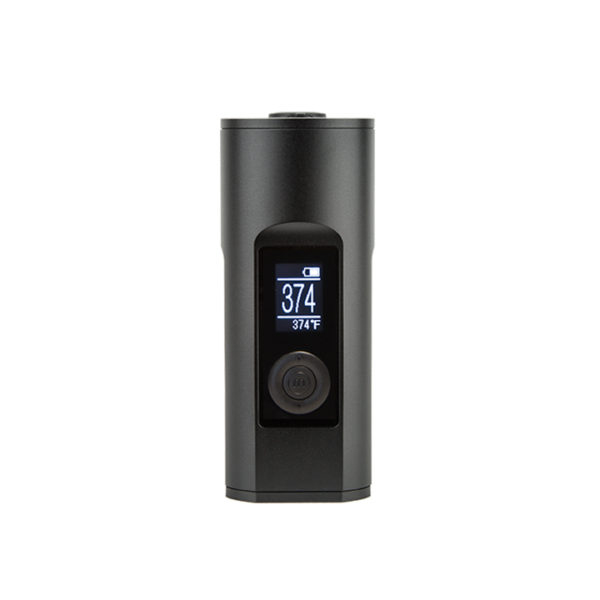
Olli Elderberry Citrus Essential Lozenges
Out of Stock
This 10-pack of Elderberry Citrus Essential Lozenges contain natural elderberry, aronia, and blackcurrant extracts, paired with essential citrus oils. Each lozenge is dosed with 1mg THC and 20mg CBD. These lozenges are plant-based and made without any sugar, to suit a variety of dietary restrictions.
Sugar Free. Low Calorie.
Plant Based. Gluten Free.
**Ingredients**
Isomalt, Water, Gum acacia, Malic acid, Medium chain triglycerides (palm), Stevia leaf extract, Citrus essential oil blend, Elderberry powder, Aronia powder, Blackcurrant powder, Maltodextrin, Artificial colours, Natural flavours, Cannabis distillate
**Olli : Les pastilles essentielles aux agrumes de sureau**
Les pastilles essentielles aux agrumes de sureau contiennent des extraits naturels de sureau, d’aronia et de cassis, associés à des huiles essentielles d’agrumes. Chaque pastille est dosée avec 1 mg de THC et 20 mg de CBD, parfait pour un petit remontant rapide. Ces pastilles sont à base de plantes et fabriquées sans sucre, pour s’adapter à une variété de restrictions alimentaires.
Related Products
Discover our ever-evolving marketplace of high-quality cannabis products
Frequently Asked Questions
Find answers to common questions about medical cannabis and purchasing from our website. Still have questions? Click below to view our FAQ page
View our FAQ-
What is THC and CBD
The most famous and well-studied cannabinoids are tetrahydrocannabinol (THC) and cannabidiol (CBD). THC is responsible for a variety of physiological effects and has psychoactive properties, which means it acts to alter brain function, resulting in temporary changes in mental processes, cognition, perception and mood. CBD, however, has been reported as having a wide range of health benefits, including pain management, without the psychoactive qualities of THC.
-
What is the CBD:THC ratio?
The specific combination of CBD to THC included within a particular strain is known as the
CBD:THC ratio. As THC has psychoactive properties and CBD does not, this ratio is important in deciding which products are best for a patient.
-
What is the difference between indica, sativa and hybrid?
The separation between sativa and indica was originally created in the 18th century to differentiate between two species within the cannabis genus (indica and sativa), classifying them based on structure and resin. Later, as strains were crossbred, the term hybrid was added as a way to classify cannabis. As the science and understanding of cannabis continues to widen, terms are changing. What are often called cannabis “strains” should be called “cultivars.”
-
Is medical cannabis safe?
Yes, medical cannabis is considered safe for the vast majority of people, cannabinoids are non-toxic, and studies show they are well tolerated when used appropriately and with the support of a qualified medical professional.
However, every patient reacts differently to the effects of medical cannabis. THC-related side effects are most common, but can be reduced or prevented by a “start low and go slow” dosing strategy. CBD typically does not produce side effects. Working together with your healthcare professional and Patient Educator you can design a cannabinoid therapy that minimizes side effects and risks.
A few notable exceptions include women who are pregnant, those with a history of substance abuse, people with a family history of schizophrenia or children under 25 where the medical benefits of treatment do not outweigh the risks.
-
Am i going to get "high"?
Every patient reacts differently to using medical cannabis.
Common effects of being “high” include mind and body relaxation, a skewed perception of time, spacing out, feeling joyful or euphoric, and increased sensory awareness. Psychoactive effects or a “high” from cannabis are typically attributed to THC.
Different cultivars and varying THC levels can create different results and effects. It is always good to “start low and go slow” when using any strain with high THC.



